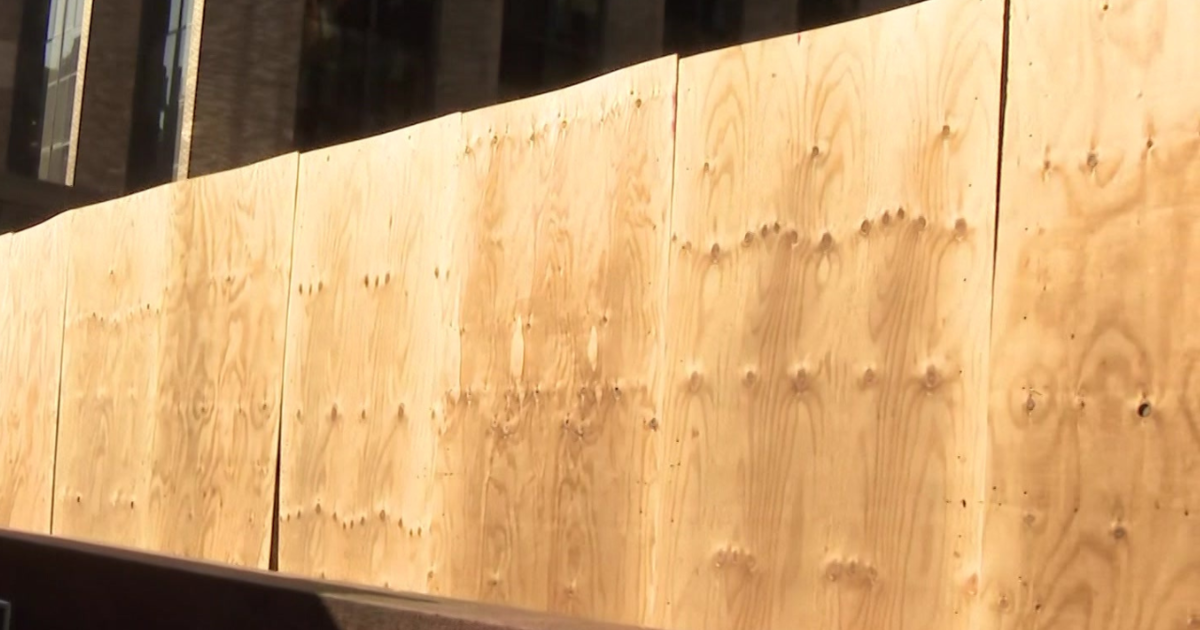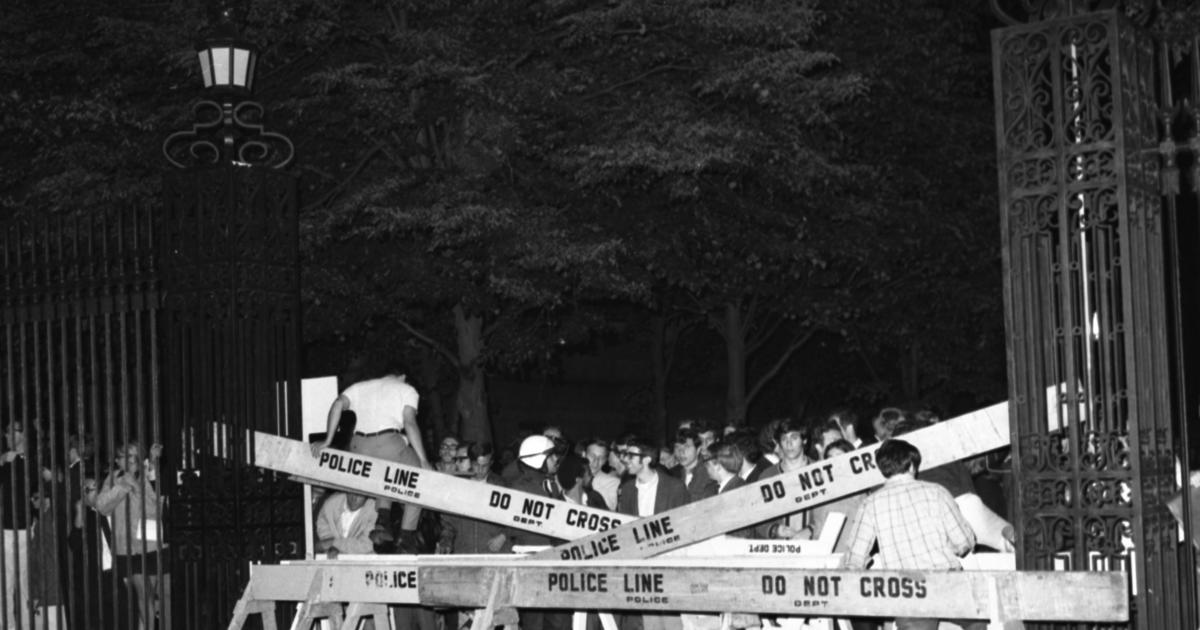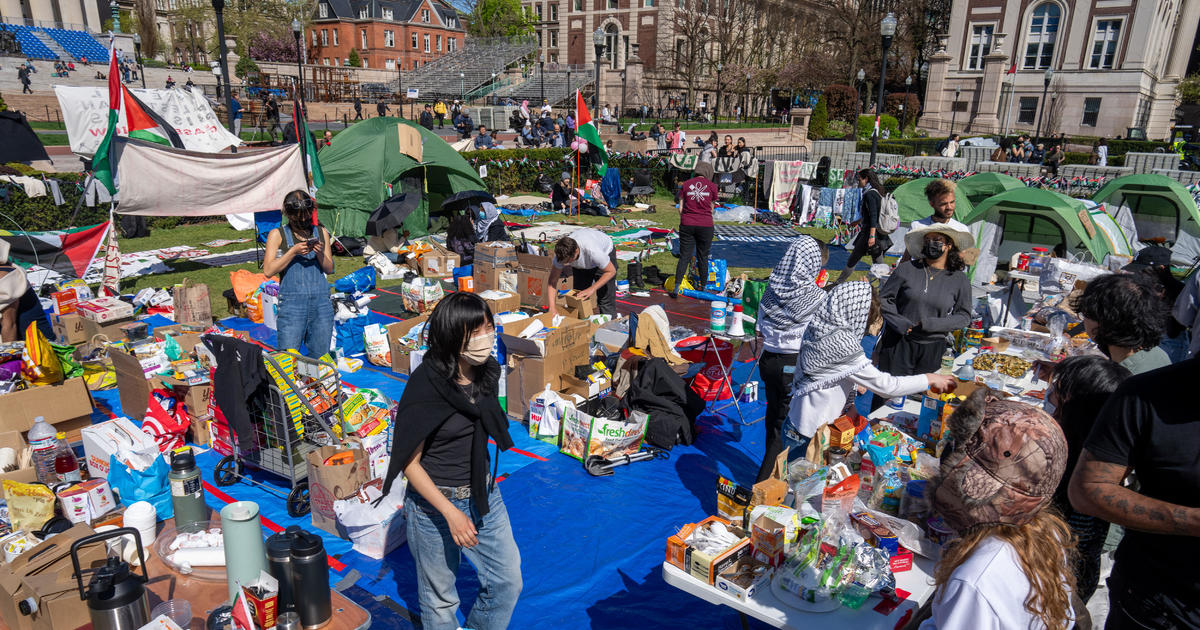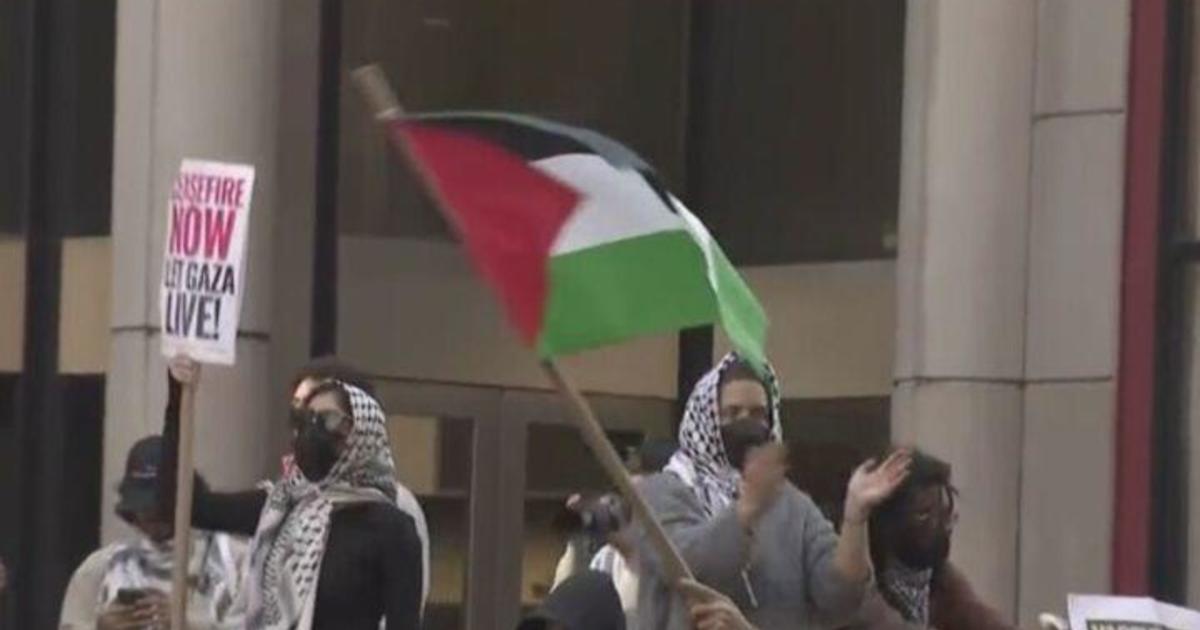Interactive Film 'Riot' Seeks To Predict Human Behavior In Volatile Situations
NEW YORK (CBSNewYork) -- We've all seen reports about protests that spin dangerously out of control, it could happen anywhere.
Would you know what to do if you were caught in the middle? CBS2's Jessica Moore has some information that could save your life in the impulse reaction.
"The protesters surged forward, the police pushed back, I got hit by a baton," CBS2's Dick Brennan recalled.
Brennan was reporting from the center of Occupy Wall Street protests that turned violent.
"I remember having my hands over my head, someone stepping on me and thinking 'this is a really bad situation," he said.
What if you could predict how someone might react in a volatile situation, or even teach them how to stay safe?
That's the concept behind Riot, a one of a kind interactive film.
It was created and designed by Karen Palmer. She said she was inspired by the events in Ferguson.
"I wanted to create an experience that will show somebody how they would actually really respond in a conflict situation. I started thinking that's AI, that's facial recognition," she said.
While watching, a webcam tracks expressions using a complex series of algorithms. It can register calm, anger, or fear.
"I was distracted by the person right in front of me, and that could have led to my demise," Moore said.
The viewers' reactions determine the outcome.
"It responds in real time to emotions, so the narrative will change depending on your emotional reaction," Palmer explained.
Hawk Newsome, founder of the New York chapter of Black Lives Matter, said he's seen situations change in a flash.
"People see video on the news, but they don't experience. This is the closest that anyone can come to being on the front line," he said, "You can feel it, something is going to happen."
He agrees a calm response can be most effective.
"There may be pushing, there may be shoving, but stand your ground, be calm, and we'll get through this," he said.
Retired NYPD detective Joe Giacalone said having an understanding of how participants might react can also affect police response.
"They can have it stream live into a temporary headquarters vehicle near the scene, and then be able to dictate what personnel needs to move at what location," he said.
Palmer said she's heard from some police departments and organized protest groups about her film and the findings to see how it might be helpful to both of these organizations in the future.



